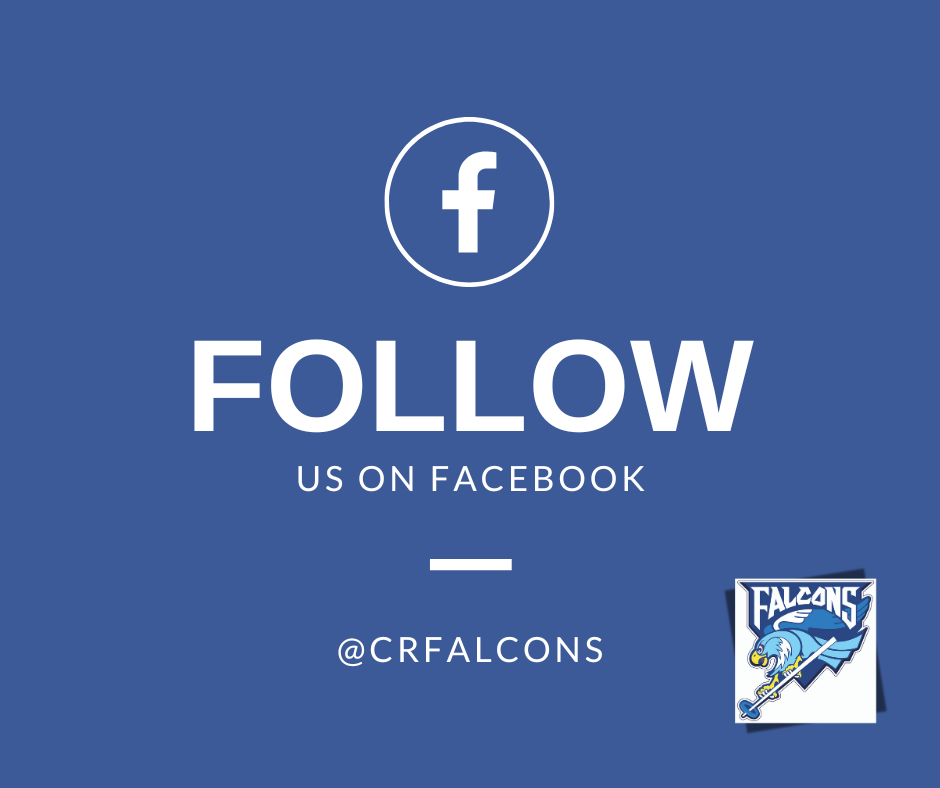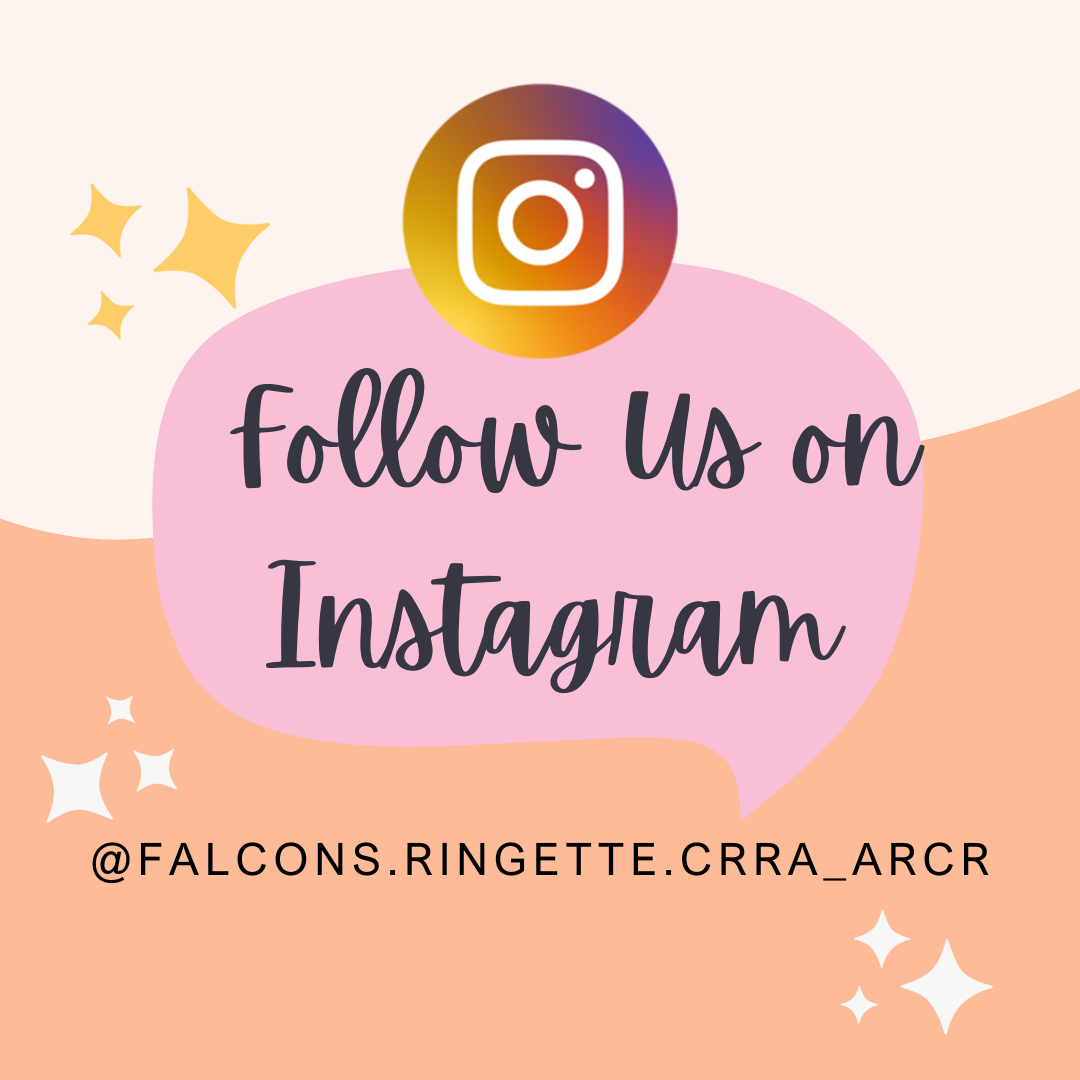Parents
Code of Conduct
Newcomer Orientation
What is Ringette?
Source: Ringette Canada
Ringette is a Canadian invention that has become one of the fastest team sports on ice. Sam Jacks, a recreation director and sports enthusiast from North Bay, Ontario, invented the sport in 1963 when he saw the need for a winter team sport for girls. Interestingly enough, Sam Jacks was also responsible for the development and introduction of floor hockey in 1936.
Since the early 1960s, the sport has continued to grow and currently boasts nearly 30,000 registered players on nearly 2000 teams, with over 8000 coaches and over 1500 officials. While it is primarily a female sport, there are currently over 700 males playing ringette across the country.
Ringette, like hockey, is played on ice with skates and sticks with six players per team on the ice at once. The objective is to score goals by shooting the object of play into the opposing team’s net at either end of the rink during stop-time periods of play. But this is where the comparisons between ringette and hockey really end. The stick is straight. The object being pursued by the players is a rubber ring, not a puck. There is no intentional body contact. And the rules of ringette make it a wide-open and dynamic sport.
The emphasis is on play-making and skating skills. Players cannot carry the ring across the blue lines on the ice. Only three players from each team, plus the defending goalie, are allowed in the end zones at the same time, which keeps the play open, puts a premium on sharp offensive moves, and requires defending players to skate close to their opponents. These features of the game demand the development of keen skating skills that give ringette players fantastic skating speed and agility.
Does my child have to know how to skate?
NO! Among the many benefits of our sport is that Ringette players become very good skaters. With no offsides and no intentional rough body contact, players develop their skating skills early either as team members in one of our entry level Team Programs, or in our Learn to Skate Program for younger children, appropriately nicknamed the Fundamentals program, or FUN1. We offer one hour Learn to Skate sessions for young players 4 to 6 years old. Entry Level teams in our FUN2 and FUN3 age divisions.
When does it start?
Our FUN1 program runs from October to March. Participants are contacted approximately two weeks ahead of time. Players get lots of individual attention and progress at their own rate. The sessions are non-competitive and fun. Every player wears a FUN1 program sweater and enjoys being part of the ‘team’.
For the rest of our players, the season starts in September and lasts until late March. Your child will be on a team with kids of the same age and skill. Skill levels range from Recreational to Competitive AA. Age Groups for players playing on a team in a League start at the FUN2 division and move up through the divisions as they grow, FUN3, U12, U14, U16 and finally U19.
The FUN1 program is purely a learn to skate program until Christmas. It is geared mainly for children with little or no skating skills at all. While there are kids as young as 4 in the program, the vast majority are 5, and 6 year olds. There are some 4 year olds that will turn 5 and some 6 year olds that will turn 7 before the season is over.
After Christmas they start to add a few ring handling skills to the mix and by the end of the season they will play some games (cross ice games with one to three games going on at once on the big ice surface). Their season ends with a FUN event, where all FUN1 programs from the area get together to play games and participate in fun off ice activities.
The FUN2 divisions (generally ages 9 and under), is the first age group of formal teams that play in a league.
The FUN1 and FUN2 divisions are for beginners and have many players who have never played or skated before.
The U12 Division in the NCRRL (National Capital Region Ringette League) is split into three different skill levels, A, B and C. The A divisions are for competitive level teams. U12 B and C Regional teams are balanced teams that play games in the NCCRL.
*ALL AGE GROUPS* Teams could travel to Kingston or Upper Ottawa Valley to play games as these communities are also part of the NCRRL.
Team Placement
Team placement is decided by a group of evaluators and the selection process is governed by a set of criteria. During the first few ice sessions, the coaches and evaluators will be looking at players with a view to assigning them to teams. It is important that the girls attend all of these initial ice practices so they can be evaluated and placed on the team that best suits their experience and playing ability. For competitive teams there is a tryout process. Being on a competitive team requires more ice time, more money and, particularly, more commitment from the players and parents. These sessions are critical so please ensure your daughter attends all of them.
What equipment do they need?
Source: Ontario Ringette Association
Required equipment for Ringette is as follows:
-
Ringette Stick - generally lightweight composite or hollow wood, with metal or ridged plastic tips. Heavily splintered sticks are not permitted.
-
Ringette Ring
-
Hockey Skates - goalies may choose to use goalie skates
-
Shin Pads - worn under the pants (or goalie pads)
-
Protective Girdle - with a ‘cup’ or a ‘jill’ to protect genitals
-
Ringette Pants - covering pants
-
Hockey Gloves - ringette gloves have been phased out due to a lack of hard padding
-
Elbow Pads
-
Jersey
-
Helmet with Ringette Facemask - must have a triangle bar pattern-either full or half with a plexiglass shield for the eyes; square bars are disallowed because the stick tip can fit through the spaces
-
Neck Guard
-
Shoulder Pads - in some associations/provinces, shoulder pads are optional after U12. In Ontario, shoulder pads are necessary until 18+, other provinces may vary.
-
Wrist Guards - optional
-
**CRRA Plays in the NCRRL. **Mouth guards are recommended for all levels of play within the NCRRL**
How much does it cost to register?
Cost changes each season and contingent on the level of play you register for.
*See Registration page for information about fees.
What does my registration fee pay for?
The registration fees pay for regular ice time for games and practices, referees, insurance, team equipment and sweaters, training for coaches, managers and referees, fees to Regional and Provincial Ringette Associations and other administrative costs such as postage, printing, advertising to name a few.
Teams may have Team Fees, which enables to team to register to tournaments, host activities, buy additional ice time for more practices, etc..
How and when do I register?
Notices will be posted in local newspapers, here on this page, and on the Front Page of the CRRA Website as well as on our various social media pages. You can also register to our news letter for monthly news and updates.
![]() @CRfalcons
@CRfalcons ![]() @falcons.ringette.crra_arcr
@falcons.ringette.crra_arcr ![]() @FalconsRingette
@FalconsRingette
Can I register after formal registration is over, or after the season starts?
Yes, provided space is still available on established teams. Contact the Phone Number below or the email address for immediate answers. If there isn’t space on one of our established teams at your daughter’s age group or level, we will assist you in finding a place for her to play. It’s almost never too late! And it’s certainly NEVER too late to ask. . .
Do you have more Questions?
Phone or E-mail Comments or Questions about CRRA’s Programs to the Registration Coordinator
Additional Information for New Parents
The Clarence Rockland Ringette Association (CRRA) is operated entirely by volunteers. Our CRRA volunteers act as coaches, team managers, executives, fund raisers, scorekeepers and tournament organizers. Our executive and volunteer contact list is provided here for your information.
Policies and Procedures
Clarence Rockland Ringette has a well established set of Policies and Procedures for how to deal with things that come up year after year such as Coaching Selection, Ice Allocation, Out of Area and Financial Administration.
For example, each year issues arise with regard to players being asked to play up in an older age group.
We believe that if it is in the best interest of the players that if the circumstances justify it, players should be given the opportunity to be moved during the course of the year to a team at a higher level. This usually occurs when a player clearly demonstrates that she is of a caliber that justifies such a move. As well, in some situations, there are insufficient numbers to field a team at a particular level. In those circumstances we will look to neighboring Associations for players. On occasion, neighboring Associations are unable to field a team and request that we attempt to accommodate players from their jurisdiction who cannot be placed on a team at their level of play. In those circumstances, we will accept such players who demonstrate the necessary skills and if there are not enough Clarence-Rockland players of a similar caliber trying out for the team.
As well, there are policies to deal with, Discipline, Harassment, and Appeals should they ever become necessary.
Parent involvement in Coaching Philosophy and Team Administrative Matters
Once the teams are selected, the coaches will meet with the parents to discuss the coaching philosophy for the team and administrative matters such as tournaments to be entered during the season, fund raising for tournaments and extra ice time and other issues of team concern. Parents are encouraged to ask questions and communicate their suggestions to the coaches.
Volunteers
We are always looking for volunteers to grow our executive board as well as fill bench staff positions and other volunteer duties such as fundraising etc.


